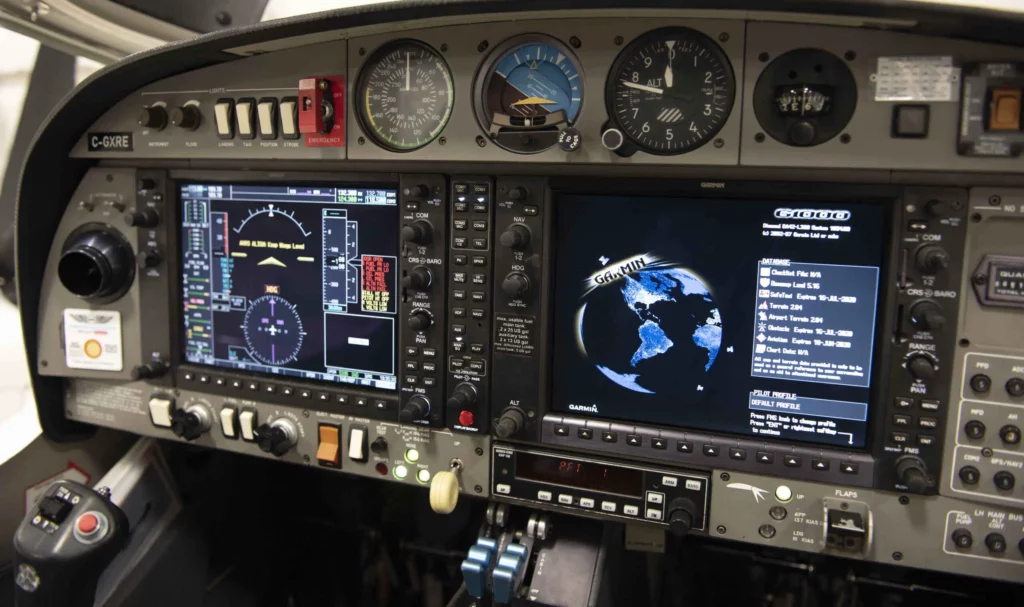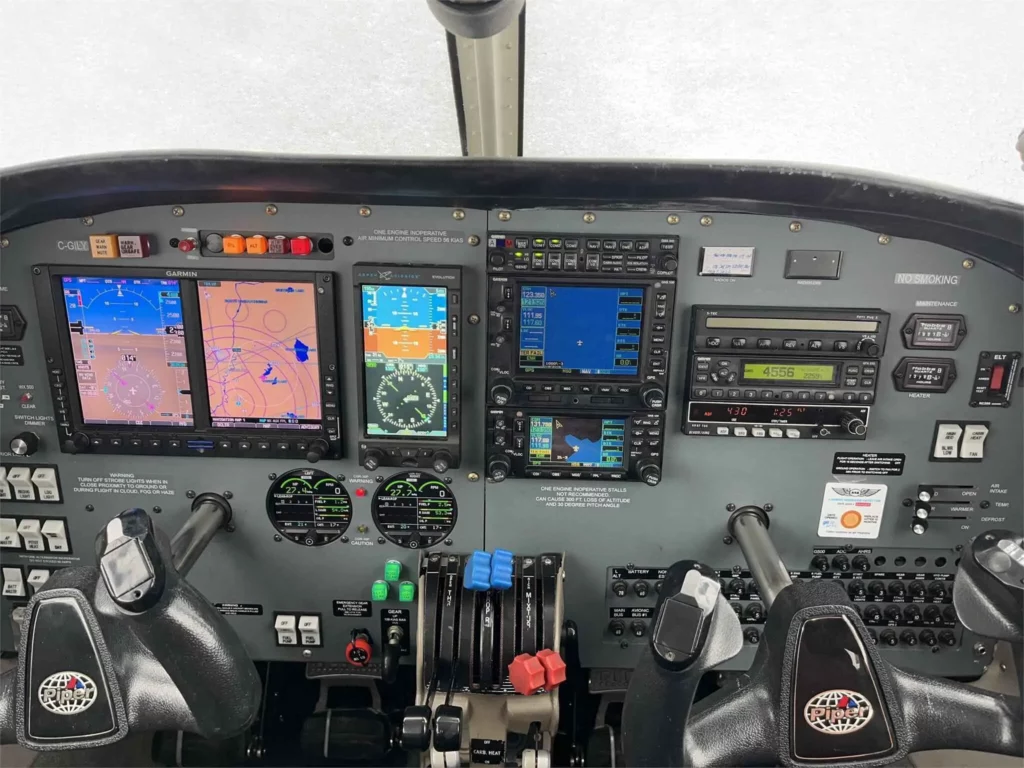Standardized Training Program
Although our emphasis is dedicated to professional training, we promote a relaxed atmosphere and firmly believe that your training should be a positive experience. You will truly enjoy your time with Professional Flight Centre. We love what we do and it shows. We are Canada’s number one advanced flight training operation and are extremely proud of the job that we do.
Professional Flight Centre has “set the standard” in IFR training in Canada. Our standardized program is the key. All of our ground, simulator, and flight training follows the syllabus as laid out in our IFR Course Manual.
This manual ensures standardization in your training and makes completing the Instrument Rating a simple and enjoyable learning experience. You will be taught the same “Pro IFR System” no matter who the instructor is. This systematic approach will allow you to fly effective IFR no matter where on the globe you choose to operate.
We make extensive use of our ALSIM and RedBird twin engine flight simulators and train you to flight test standard in the simulator before we commence the flight training portion. We have found this to be the most efficient and cost effective way to train. Comprehensive pre and post ground briefings accompany all of our simulator and aircraft training sessions.
Our aircraft of choice is one of our Diamond DA-42 Twin Star or Piper PA-44 Seminole aircraft, which are all equipped with an excellent modern avionics package of GPS; HSI; RMI; and DME.







